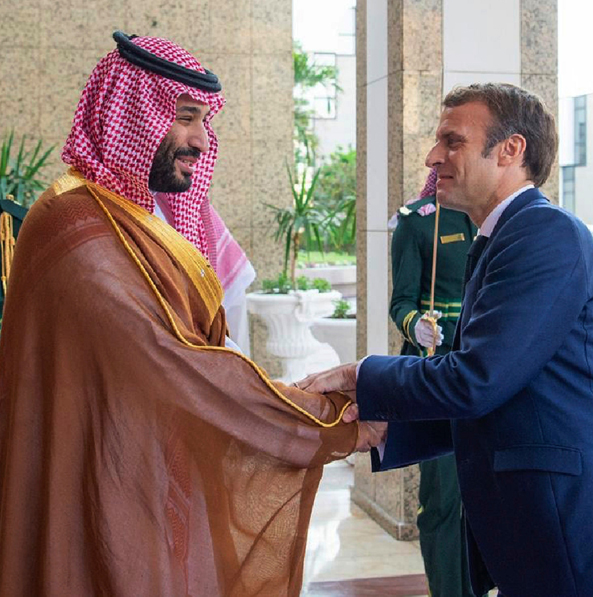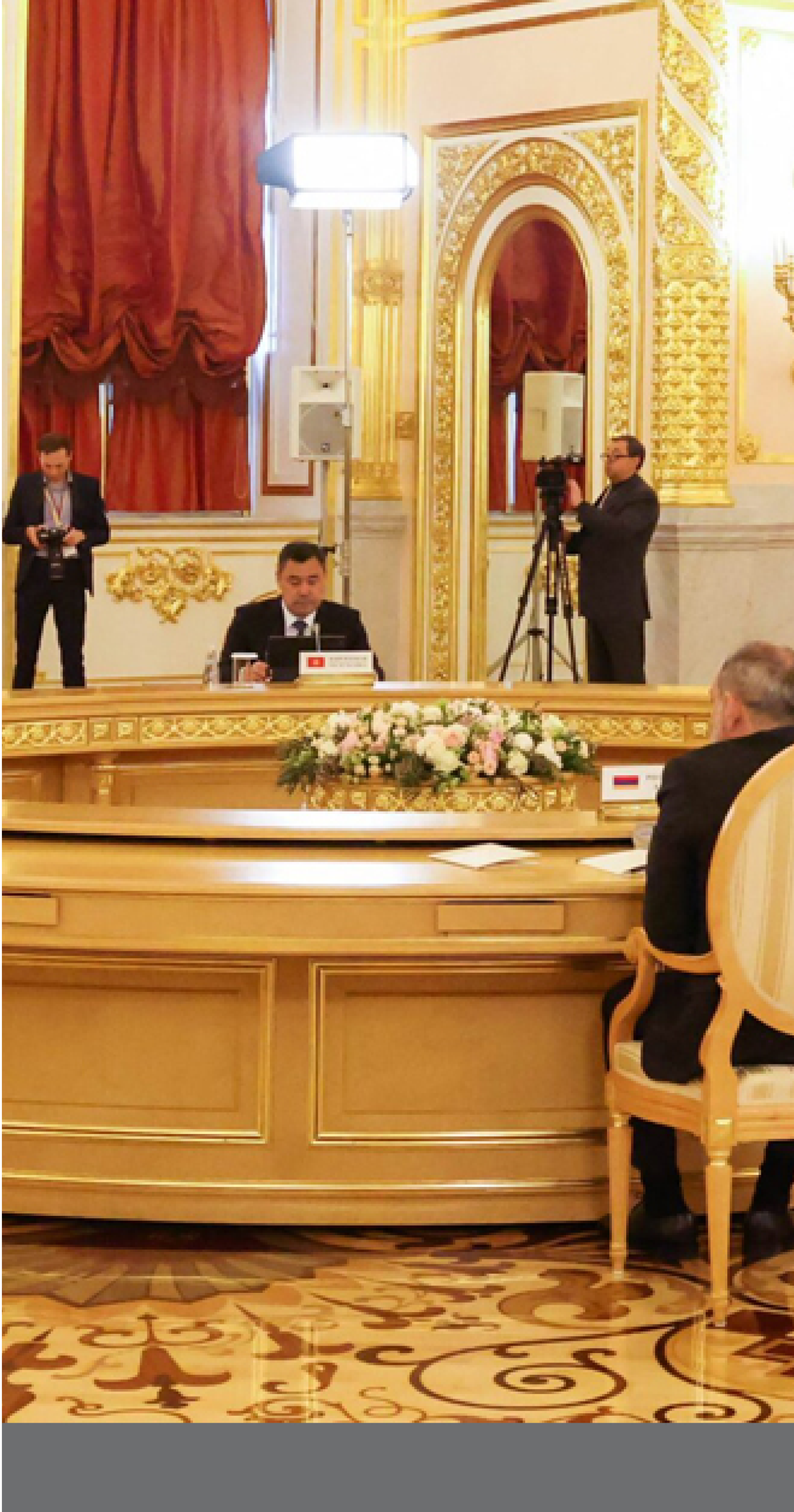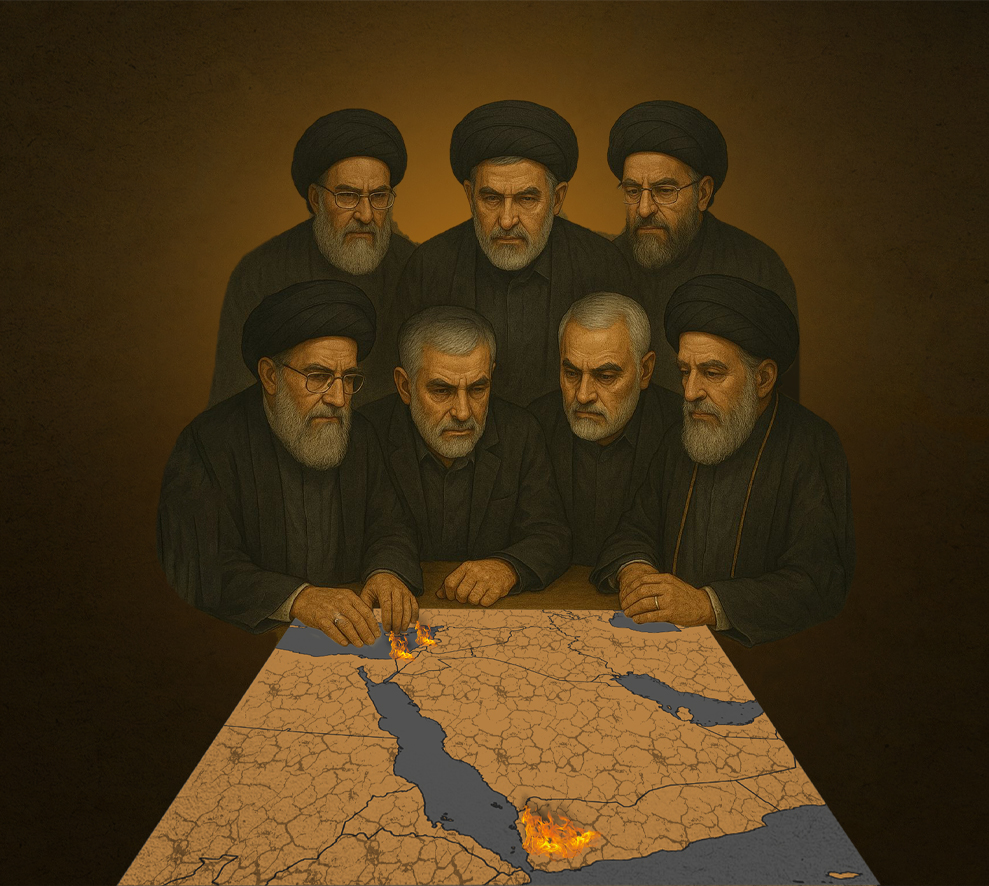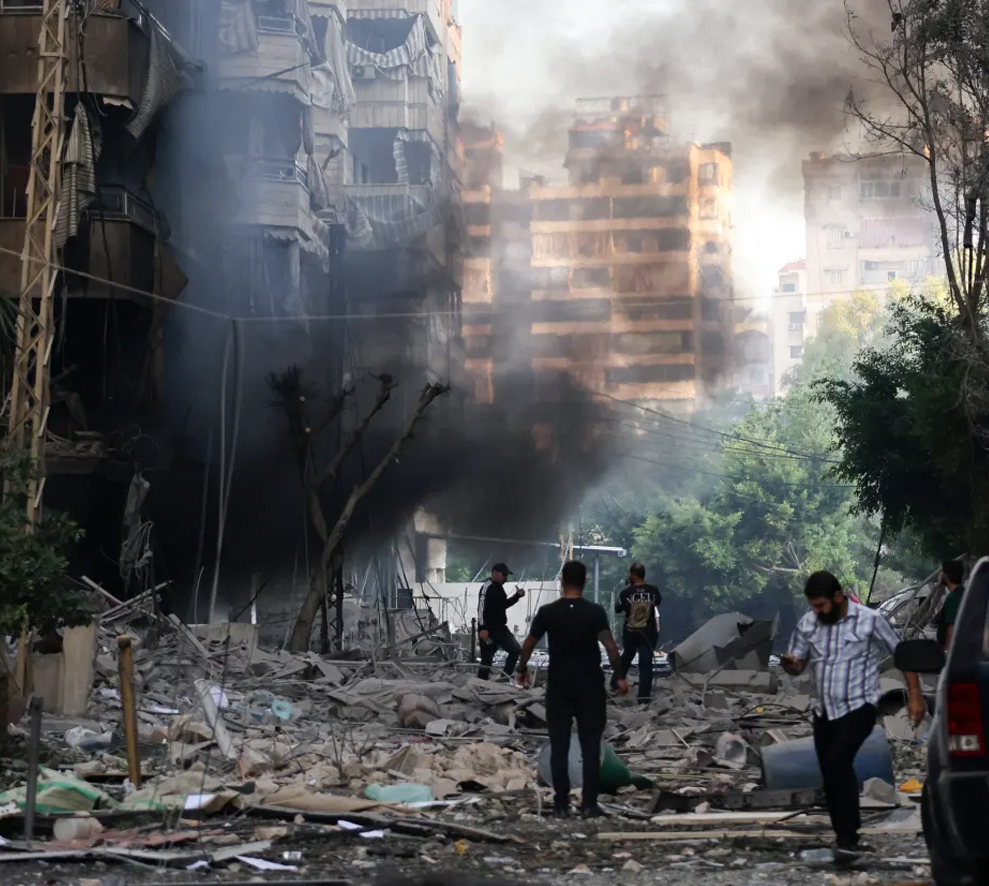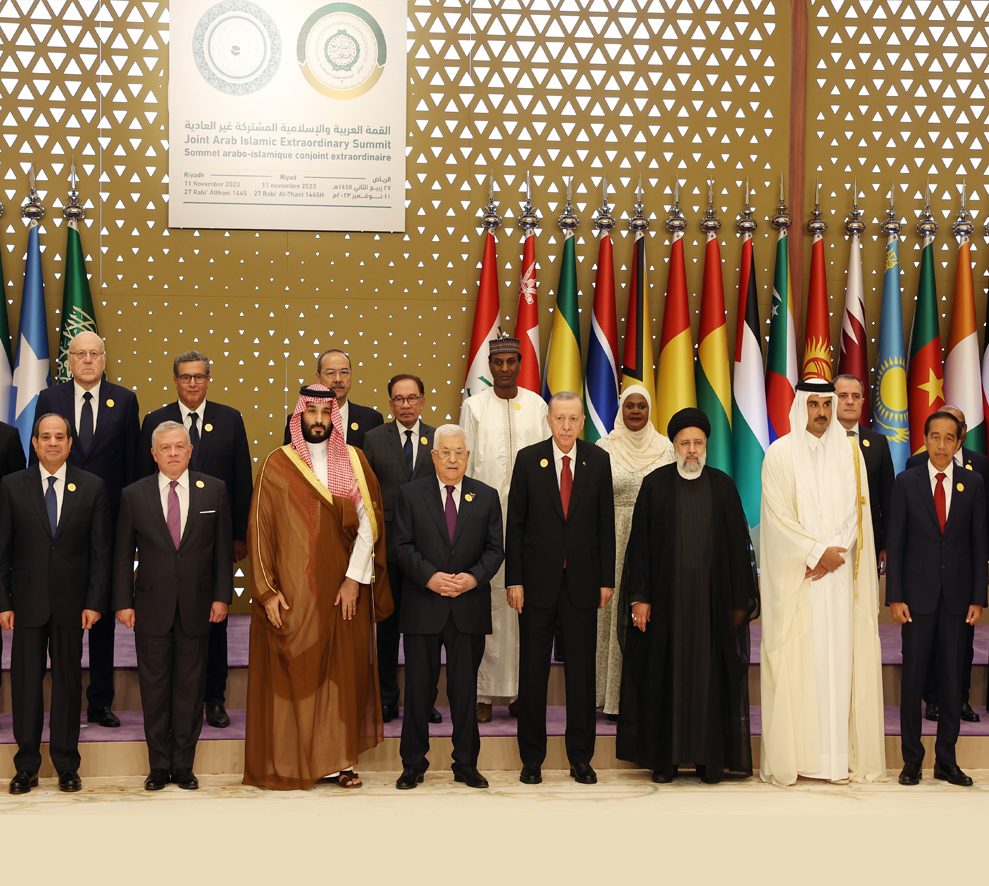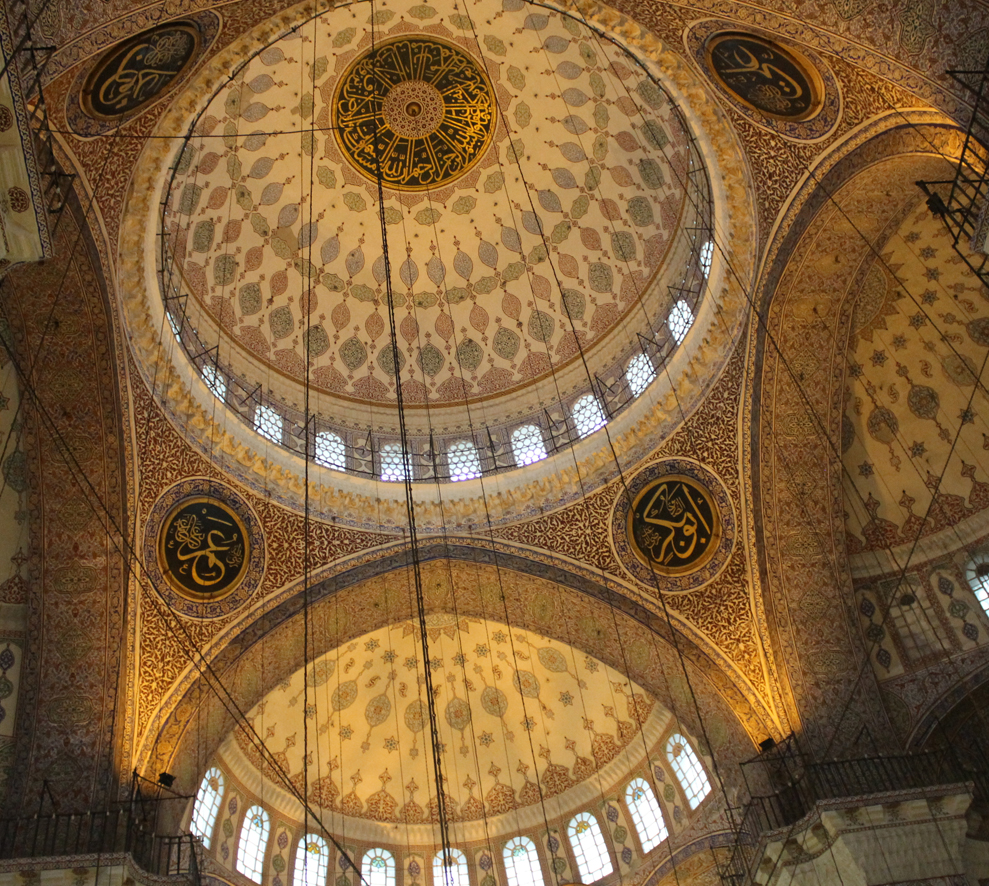Saudi Crown Prince Mohammed bin Salman and of Hezbollah Secretary-General Hassan Nasrallah share the same birthday, August 31. Is this a mere coincidence or a sign that perhaps these two leaders can work together to transform the party into a non-armed political organization of a Lebanese character and an Arab identity that rids itself of Iranian influence once and for all?
Crown Prince Mohammed bin Salman and Hassan Nasrallah share a far more important trait: They both want a strong and healthy Lebanon, free from war and outside influences.
Certainly, Lebanon needs all the help it can get. Over the past two years, it has experienced political, fuel, power, social and an economic crises the World Bank describes as “one of the three worst financial crises the world has seen” in 150 years. The Lebanese currency has lost more than 90% of its value and four out five Lebanese now live under the United Nations poverty threshold.
Hezbollah, formed in 1982 by Iran’s Revolutionary Guards Corps, maintains the strongest military power in Lebanon, runs its own schools, hospitals and charity networks, and forms, together with allies such as the Amal Movement, the dominant political Shi’ite faction in the parliament.
Despite holding a strong position both militarily and politically, Hezbollah will soon have to face two sensitive topics that might heavily impact the party: The May 15 Lebanese general elections and the investigation into the devastating Beirut port blast in August 2020. Hezbollah may not survive either unless it jettisons its militia wing.
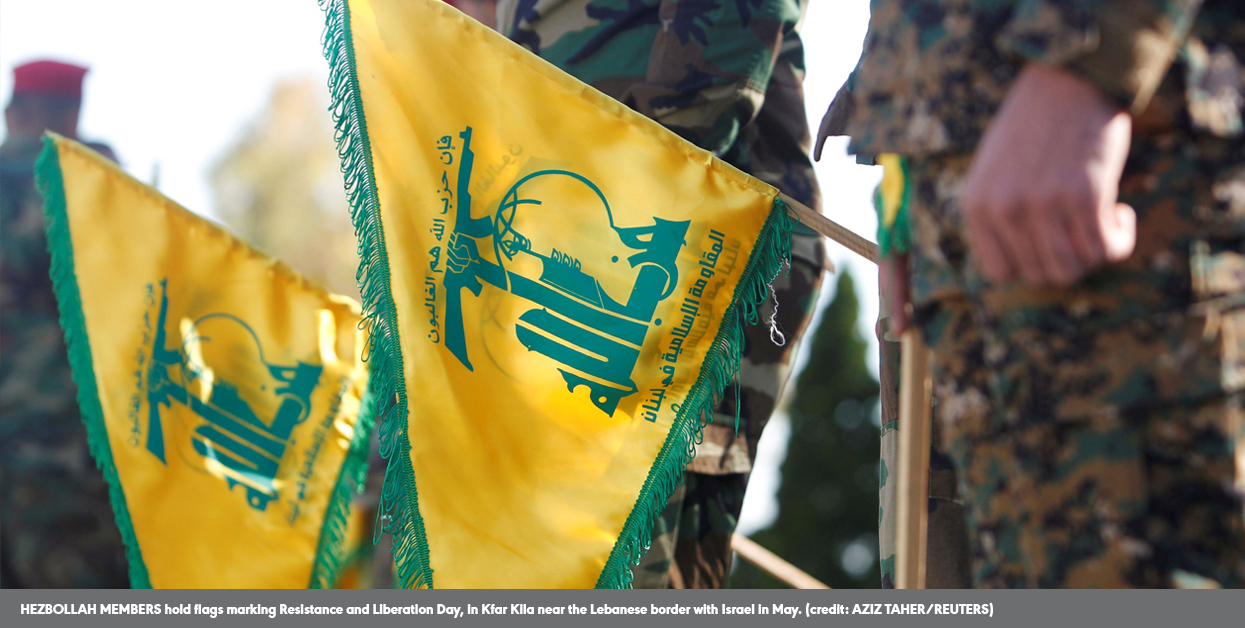
Despite decades of open and hidden conflict between Lebanese internal forces, nothing has changed on the political scene except for a growing call to disarm Iran-backed Hezbollah. The organization’s military power has increased year after year. It cannot be disarmed by force. Now, it is time to find other methods to contain it, restrict its military activity, loosen its ties to the Iranian regime and to exert its power through elections, not warfare.
Currently, Hezbollah invalidates the hypothesis that armed groups will give up their arms and join the political process when they are given access to decision-making positions. For Hezbollah, the ballot box is not the coffin of armed revolutionary movements – it is merely another weapon to be used by its military wing. Ever since it began its political activity, Hezbollah took the position of cooperation and strategic integration between its political wing and its armed wing.
Hezbollah: Political activity
Hezbollah participated in the 1992 Lebanese parliamentary elections for the first time. It was the only armed group that was not dismantled under the terms of the Taif Agreement, since it was considered a resistance organization dedicated to liberating Lebanese land occupied by Israel, not a militia. With this legal distinction, the party earned a popular legitimacy that only increased in 2000, after the liberation of southern Lebanon.
It was during those years that Hezbollah became a state within a state. Now, it possesses a well-established civilian component, with social, educational and cultural institutions – in essence, a political wing backed by its military wing. Thus, it differs from the traditional description of political parties. Because of this, the party benefited greatly from sectarian affiliation, the origins and source of which lie in Iran.
Through Iran, Hezbollah was able to maintain loyalty to the party and its followers for decades, until it became the stick it waved in the face of the world, threatening a regional war that would change the map of the region.
Hezbollah’s political participation never arose from an ideological shift in the organization. Instead, it was a response to historical circumstances with a clear goal of keeping its weapons. Despite Hezbollah’s active involvement in the Lebanese political process coinciding with the issuance of Security Council Resolution 1559, which dissolved all armed militias in Lebanon, that hasn’t changed. The ongoing events in the region, coupled with a lack of sufficient international or Arab efforts, hindered the implementation of this part of the resolution.
The result was a new war with Israel that strengthened popular support for Hezbollah’s military wing and allowed it to develop enough muscle to make it increasingly difficult to force Hezbollah to abandon its weapons without another war, which would only cause more violence and bloodshed.
Additionally, it is no secret that Iran was able, through Hezbollah, to stick a knife into the side of the Arab region. The infections this wound caused have spread throughout neighboring countries. Iran helped Hezbollah acquire military capabilities far beyond those of the Lebanese state and its security services. Its arsenal increased from 33,000 rockets and missiles before the 2006 war to about 150,000 that can destroy aircraft, ships and tanks. Moreover, Hezbollah was able to establish financial networks throughout the globe.
Containing Hezbollah: A common interest
The international community seeks to limit the party’s influence and activities to the political sphere, which is logical given the party’s tremendous popularity. Their goal is to disarm Hezbollah and hand its military arsenal over to the Lebanese state. However, disarming Hezbollah has become difficult and even unthinkable, according to an official statement following a recent crisis that prompted the Gulf states to sever their relations with Lebanon until Hezbollah dissolves its separate military faction.
The hardline stance of the Arab Gulf states is due to their opposition to the organization’s alliance with Iran; its involvement in illegitimate and illegal activities that harm their interests; its support of the Houthis, whose terrorist acts threaten the security of Saudi Arabia, the UAE and other Gulf states; and lastly, its security operations are carried out under the direct command of Tehran.
Since the policy of pressure on the Lebanese government has failed and multiple international resolutions on disarming militias and confining them to the control of the Lebanese state have been issued without results, it’s time for a change. The first step toward positive change may have involved a French presidential cellphone last December, but I’m getting ahead of the story.
As the organization’s position becomes more intransigent, the futility of classifying Hezbollah as a terrorist group and banning its activity in many countries, which is not by any means universally agreed upon, makes it clear that it is time to take the first step in pushing Hezbollah toward the political path by containing it and abandoning the hard stance against it. This may be the beginning of the end to the Lebanese state’s current position as a pressure card in the hands of Iran, and it just might be the beginning of Lebanon’s return to the Arab and international fold.
On the ground, freeing Hezbollah from the clutches of Iran and turning it into a civilian political party is not only of interest to Arabs, but many regional and international actors, as well. Therefore, the search for a new, urgent tactic that reduces Iran’s influence and ensures Lebanon’s stability may entail an expanded agreement in which Arab countries, Israel and the European Union all play a part in negotiations conducted under American supervision.
In addition to the Gulf’s interest in getting rid of Hezbollah as an Iranian tool and keeping Lebanon out of a new war, Syria also has an undeniable interest in contributing to this deal, if it really wants to return to the Arab fold and break away from the Iranian connection that weighs it down. The shared borders of Syria make it most likely to contain the party and provide it a safe haven in the long run.
Furthermore, the acceleration of the process of restoring relations between Syria and Arab countries will give Syria an incentive to play this role by embracing Hezbollah and convincing it to open channels of serious dialogue with the Arab parties, as well as pushing it towards political action on behalf of a large group of the Lebanese people.
Meanwhile, given the current circumstances, Israel has no interest in engaging in direct confrontation with Hezbollah. Instead, the Israeli government should adopt a more tolerant stance toward the party in line with its efforts to engage with the region and expand the Abrahamic agreements.
Additionally, this tactic is more beneficial for Israel’s regional position vis-a-vis Turkey and Iran, as well as providing it with the necessary stability it yearns for in the region. In this way, the demarcation of the maritime boundary between Lebanon and Israel, which could occur directly because of Hezbollah moving its weapons away from Israel, will allow the latter to benefit from several promising oil and gas projects in the Mediterranean, which are yet another arena for competition between Israel and Turkey.
The threat of an Israeli invasion of Lebanese territory has long served as a pretext for Hezbollah’s growing arsenal of weapons. This argument, in tandem with others I have previously outlined, requires Israel to make concessions and guarantees to Lebanon and the international community not to attack Lebanon within the framework of comprehensive settlements in the region.
This also requires Arab states and the international community, led by the US, to pressure Israel to accelerate the stalled issue of the demarcating the border between Lebanon and Israel. Once that issue has been resolved, Hezbollah’s justification for permanent armaments is moot. It may lead the Lebanese people to put real pressure on Hezbollah to lay down its arms, disengage from Iran and carry on solely as a political entity.
This important step will certainly be the beginning of a peace agreement between the Israelis and the Lebanese that will prevent Iran from tampering with the fate of the region and from using Lebanon to put pressure on the world.
Despite some European countries classifying Hezbollah as a terrorist group, banning its activities or imposing sanctions on its leadership and military wings, the EU has not. On the contrary, French President Emmanuel Macron has consistently led international efforts to rescue Lebanon, a former French protectorate, from the crisis it now faces.
During a meeting last December with Saudi Crown Prince Mohammed bin Salman (a.k.a. MBS), Macron attempted to break the ice between Saudi Arabia and Hezbollah by calling Lebanese Prime Minister Najib Mikati and handing the phone to MBS, who had withdrawn his ambassador from Lebanon a month earlier to protest Iran’s influence in Lebanese internal affairs. It was the first phone call between the two Middle East leaders since Mikati took office in September.
However, any efforts and initiatives will remain limited if they do not receive US approval and support. Along with pushing through the nuclear deal with Iran that would limit the armament of Iran’s proxies – mainly Hezbollah – America’s involvement would be the last real service to the region before it turns it full attention to the East and China. As Vali Nasr noted recently in Foreign Policy, “If Washington wants to do less in the Middle East in the future, it has to first do more to achieve a modicum of stability.”
Why Hezbollah’s party can’t be taken by force
Dismantling Hezbollah’s weapons by force is difficult and out of reach. Domestic and foreign factors of power enjoyed by Hezbollah include unlimited Iranian support, the support of the Lebanon’s Shi’ite community, clear organizational cohesion and excellent military training for its armed wing. Despite the importance of Iran’s support, Hezbollah’s grassroots support is the basis for its political success and expansion.
The Lebanese people do not need weapons to be represented or to enjoy their rights. When there are enough guarantees for Hezbollah’s supporters and its grassroots incubators to feel comfortable, then giving up arms will be demanded by those no longer in need of protection. I do not think anyone in Lebanon wants the civil war to continue for generations, especially if its immediate causes no longer exist
In addition, Hezbollah’s involvement in the political sphere and its burgeoning rapprochement with Arab countries is crucial to its ultimate survival. The completion of any nuclear agreement with Iran will require a restriction on its movement in the Middle East. In joining the international community, Iran will face international accountability, which means that restrictions on Hezbollah’s activities, both in the domestic or foreign arenas, will be the price for such agreement, whether it occurs in the near or long term.
Equally, Iran’s abandonment or distance from Hezbollah will become an Iranian populist demand in exchange for international acceptance under the nuclear agreement with the US. Researchers expect a social explosion inside Iran against Iranian-sponsored political regimes. Ali Ansari, an Iranian history professor at St. Andrews, believes that for most Iranian citizens, “the issue of Iran’s regional influence does not concern Iranian domestic public opinion” aside from the financial investment in achieving its expansionist goals “negatively affects the monetary savings required to revive the interior of [Iran].”
Finally, in the face of the escalating economic and humanitarian disaster in Lebanon, it is vital to find emergency solutions that will prevent the outbreak of a new war, which would only benefit Iran in terms of controlling Lebanon and deepening its presence there.
Leaders in Arab countries are concerned, especially Saudi Arabia. They have always demonstrated a genuine desire and willingness to support Lebanon. I believe that all actors in the region, whether local, regional or international, must seriously consider how to contain Hezbollah, measuring it with a scale tilted toward logic, common sense, common goals and politics.
Just as getting out of this situation requires efforts from all, it also requires resorting to various peaceful options – like picking up a phone and connecting the leader of Saudi Arabia with the leader of Hezbollah. Otherwise, Lebanon and the entire region will be consumed in the flames of war in which only Iran will reap the fruits borne of the bloodshed.
Finally, when Ibn Salman assumed his new duties as crown prince, he proved himself to be a firm Arab leader capable of thinking outside the box. Dealing with complex and delicate matters with the realism political pragmatism requires, MBS demonstrated his agility in finding creative solutions that serve the best interests of his region and kingdom.
It is this political acumen that fuels the hope of his people that MBS will rewrite the history of the kingdom, in particular, and the Arab region, in general. Rescuing Lebanon from its crises and convincing Hezbollah to fully embrace its Arab identity will be but a prelude to the crown prince’s successful leadership in curbing Iranian intransigence in the region, containing the Houthi group, preserving Yemen, and restoring normal Arab relations with Damascus and Baghdad. All these wishes will remain subject to the coming days.
Keep in touch
In-depth analyses delivered weekly.
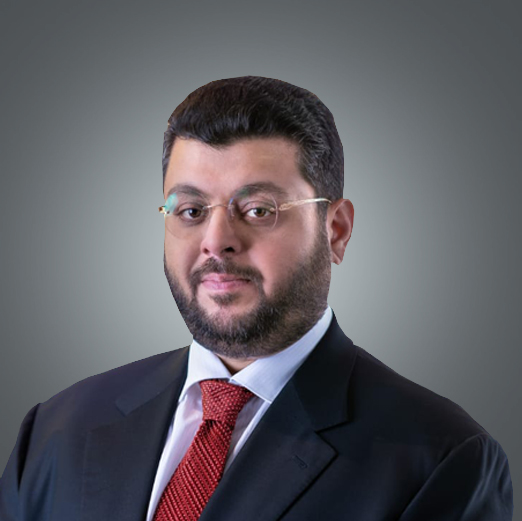
Related Analyses:







